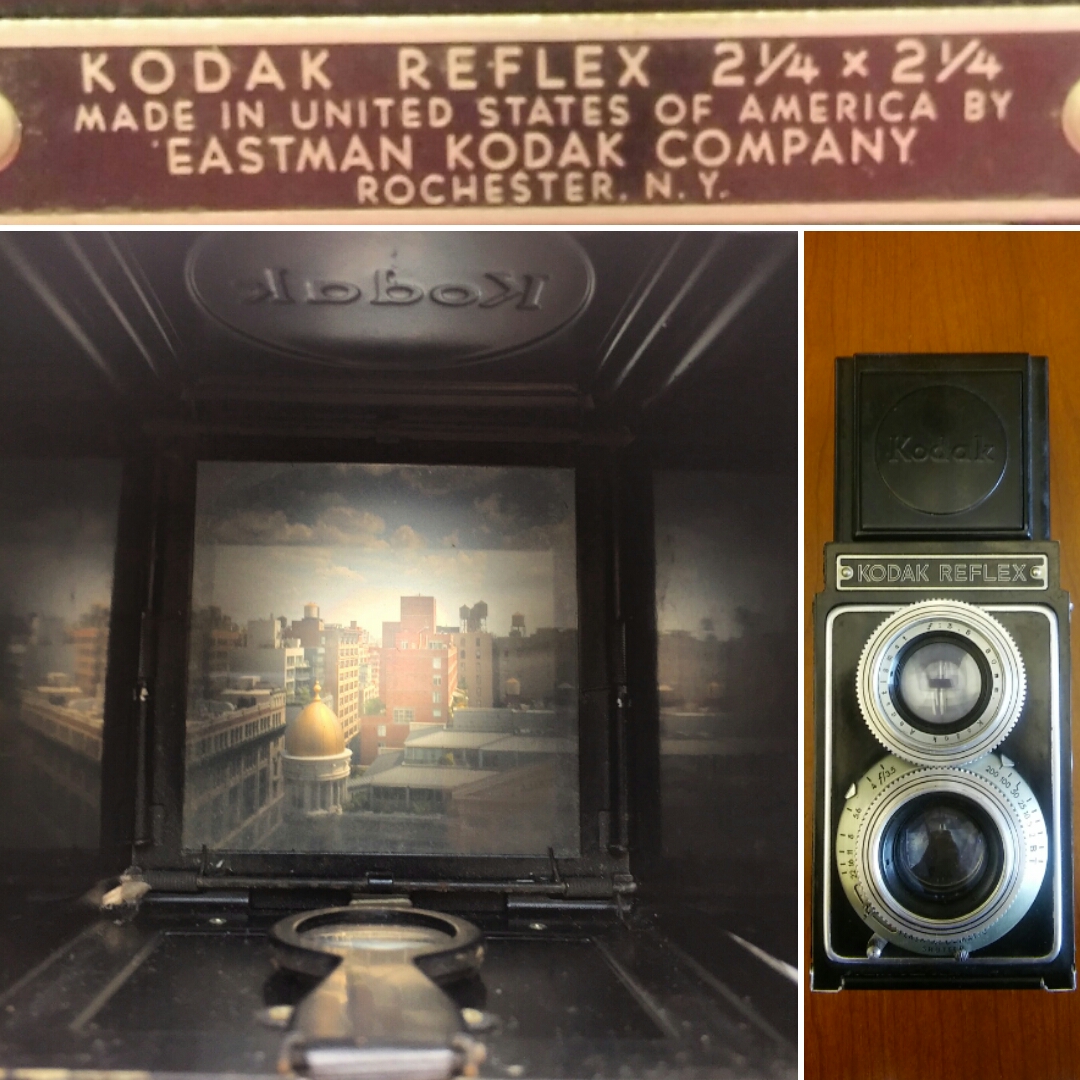Welcome to another #QuickTipTuesday! Your resume is a major part of the way you present yourself as an actor, so it’s important that you keep it updated and accurate. Today, we’re talking about what key skills to include on your resumé… and what not to include when filling out the special skills section.
- Valid Driver’s License/Passport
Do you have a valid driver’s license? Write that down! Do you have a current passport, or multi-national citizenship? Write that down! Commercials shoot all over the world, and you could be asked to drive at any time, so always keep your licenses and passports up to date. - Language/Sports Proficiency
If you cannot do something in your skills section fluently/perfectly, then do not put it down. Have you been playing soccer consistently since you were 7, and you still play with great form? Write that down! Have you forgotten all of the high school Spanish you once knew? Leave that off. - Quirk/Life Experience
Everyone has their own life experiences and unique traits. Are you a dog trainer? Do you speak an uncommon world language? Have you served in the military or in public service (are you a police officer, firefighter, etc.)? These specialized traits help make your resumé stand out.
Remember one last thing: never fake the skills on your resumé. It’s OK to leave yoga off your special skills if you don’t know your vinyasa from your bikram. These key skills will help your headshot and resumé stand out to casting directors and agents! Stay tuned for next week’s #QuickTipTuesday! And remember…#AlwaysThinkGreen!

